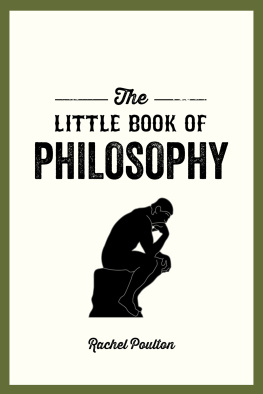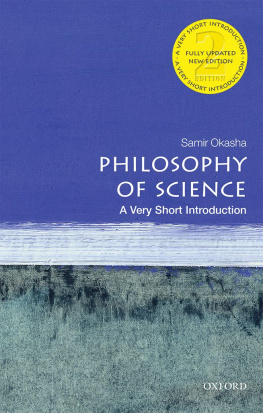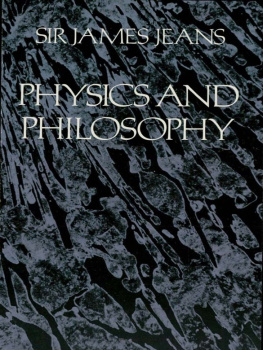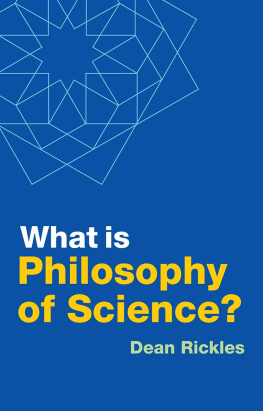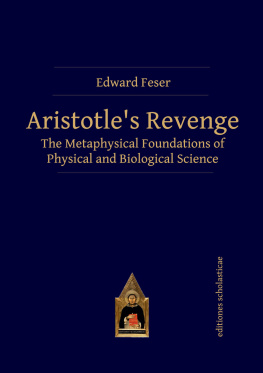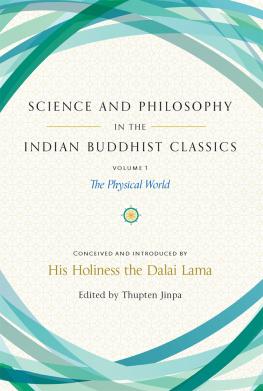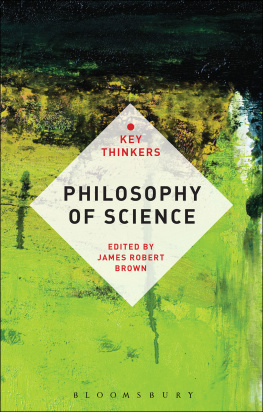Michael Heller Philosophy in Science An Historical Introduction 10.1007/978-3-642-17705-7_1 Springer-Verlag Berlin Heidelberg 2011
1. The First Task of the Philosophy of NatureThe Problem of Elementarity
Abstract
European philosophy began with a philosophy of nature. At the turn of the sixth centuries bc , on the Ionian coast of Asia Minor, and then in Magna Graecia and Sicily, some dozen or so thinkers dared to try to understand the world using only their own powers, without recourse to religious beliefs. The attempt exceeded all expectations: not with respect to success in understanding, but with respect to a certain kind of chain reaction that could not be stopped. Thus began one of the greatest of human adventuresthe process of coming to understand the world by means of thought and experience.
European philosophy began with a philosophy of nature. At the turn of the sixth centuries bc , on the Ionian coast of Asia Minor, and then in Magna Graecia and Sicily, some dozen or so thinkers dared to try to understand the world using only their own powers, without recourse to religious beliefs. The attempt exceeded all expectations: not with respect to success in understanding, but with respect to a certain kind of chain reaction that could not be stopped. Thus began one of the greatest of human adventuresthe process of coming to understand the world by means of thought and experience.
The Greeks preserved their fascination with the order and harmony reigning in nature by extending the word cosmos to mean the whole universe. Unusual harmony can also be found in the structure of living organisms. So, there is nothing surprising in the fact that the Greeks felt the world to be rather an organism than anything else. One should then explain the functioning of the world in the same way that one explains the functioning of organisms. It is no coincidence that philosophers of nature have sometimes been called physiologists.
The desire to decompose a functioning whole into its simplest parts is almost a reflex. We will understand the mode of action when we find out what is at the bottom. That is how the physiologists responded. The property of being most elementary of all would seem to belong to the first thing from which they are produced by combination. Shortly afterwards, the technical term arche arose in place of the phrase most elementary. In ordinary language, that term meant a beginning in the temporal sense (e.g., the beginning of the day); in philosophy it acquired the meaning of principle or material, but the most basic.
The first physiologists answers to the question of arche were based on the nave generalization of simple observations: heat, water and air are necessary for life, so the principle of nature is fire (Heraclitus of Ephesus), water (Thales of Miletus) or air (Anaximenes). But the Greeks very quickly made the transition from crude observations to attempts to capture the unobservable factor which would explain that which is seen. Such an analysis was made by Anaximander. According to him, arche must have the property of unlimitedness because everything comes from it, and undeterminedness because it gives rise to various kinds of being. A good terminology becomes an important element in philosophical inquiry: to denominate his arche Anaximander used the Greek term apeiron boundlessness.
Once begun, the process quickly made progress. Applying the terminology of the Ionian philosophers of nature, one can say that for the Pythagoreans, arche , as an expression of cosmic proportion (i.e., harmony) was number, while for the atomists (Leucippus, Democritus, and later Lucretius) atoms (i.e., indivisible components of matter). The Pythagoreans ascended to the heights of abstraction, opening the road of the sciences of nature to mathematics; the atomists chose to descend into the depths. Neither one nor the other stopped with the immediate testimony of the senses, but both searched for factors detectable by thought, which would make comprehensible that of which the experience of the senses speaks.
Principles of the world according to the greek philosophers |
|---|
Thales | Water |
Anaximander | Apeiron |
Anaximenes | Air |
Heraclitus | Fire |
The Pythagoreans | Number |
The Atomists | Atoms |
***
The philosophy of nature began the history of European philosophy. What did it give to human thought? Above all, it taught man to rely on the power of his mind. Even if the answer is not obvious, it is worth it to put the question. The situation of the question is the point of departure for philosophy. It is necessary to measure ones ability to answer questions with the aid of natural human equipmentthought and the testimony of the senses. The Ionian philosophers of nature made the first move towards criticism and self-criticism . These are two necessary conditions of philosophical integrity. Criticism creates the situation of the question, self-criticism does not allow one to accept just any answer. The search for the answer will with time take an ever more organized form. The first philosophers of nature originated the two perhaps most important elements of the strategy of philosophical research; namely:
Terminology , or more generally, philosophical language. Philosophical expressions are sometimes taken from ordinary language (as, for example, arche ) but their ordinary meanings are later adapted to a new range of applications. The so-called technical language of philosophy is the initial condition of precision in inquiry, and the evolution of philosophical doctrines consists to a great extent in the evolution of concepts. A doctrine or a philosophical system cannot arise, if it does not have available the proper concepts. The evolution of concepts leads to new questions. Without the right language, the questions remain invisible.
Method , or a systematically applied means. Without method, there is accidental discovery, but there is no authentic research. Method counts no less than results because a good method contains in itself the promise of further results. Sometimes the new method can itself be a result. It is an important result because it usually opens up new areas of research. The result obtained by the Ionian philosophers of nature was the establishment of two research methods: (a) analysis decomposition (usually only in thought) into simpler components, in order finally to reach the elementary components (the search for arche ); (b) induction transition from individual observations to general conclusions (plants and animals need water for life and therefore water is the arche of nature). It is not necessary to emphasize that this is only the first use of induction and is still obscured by hasty generalization.
And what did the first Greek thinkers give to the philosophy of nature in return?
First, the awareness that nature demands intellectual explanation . It cannot be taken as undiscussed data, but one must search for reasons explaining the structure of nature and even of (more generally) nature itself.
Second, the conviction that nature can be explained by reducing it to elementary principles . These principles do not have to be physical parts of a whole, like, for example, water or atoms; they can be metaphysical or logical elements, like for example apeiron or number.


